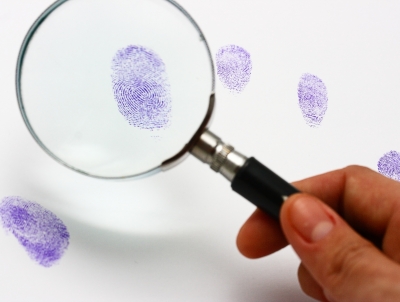Cloud computing stymies digital forensics investigations (Nextgov, 24 July 2014) – In recent years, cloud computing has made the leap from an emerging technology to government mainstay, allowing agencies an IT avenue to share services, save money and increase efficiency. However, cloud computing still presents some major technical challenges in government, as illustrated by a recent draft report issued by the National Institute of Standards and Technology. Prepared by the NIST Cloud Computing Forensic Science Working Group, the report summarizes a staggering 65 challenges cloud computing presents to forensics investigators who sift through bits and bytes of digital evidence to solve crimes. The challenges are technical, legal and organizational, according to NIST’s Martin Herman, co-chair of the working group. They can be further classified among nine categories, including architecture, data collection, analysis, standards, training and “anti-forensics” such as data hiding and malware. With cloud computing becoming more popular – many agencies, for example, now use cloud computing for email – scenarios in which the cloud might muck up an investigation are plentiful. For example, in a typical computer system, when a user deletes a file, the user isn’t actually deleting the information—only the digital “pointers” to the file, according to Herman. Data isn’t really deleted until the physical hard drive or storage disk is overwritten with other data. Traditional forensics teams routinely recover files – including deleted files – using fairly well-known tools. Because the cloud can be a shared, multitenant environment, servers and storage devices can be shared among many different customers. That means, Herman said, there is a higher likelihood deleted data will be overwritten.
Provided by MIRLN.
Image courtesy of FreeDigitalPhotos.net/Stuart Miles





